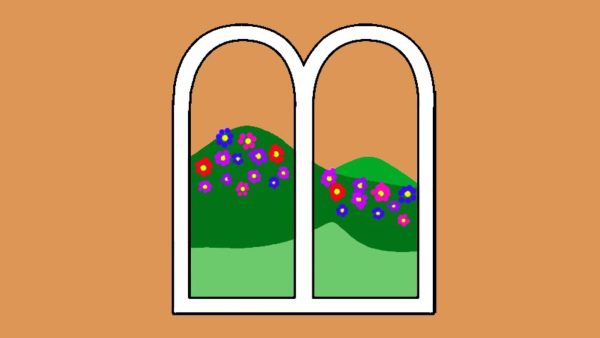Sukkot Lessons from Kohelet
It is custom among Jews of Ashkenazi descent to read Sefer Kohelet, or Ecclesiastes, from the Ketuvim on the Shabbat of Chol Hamoed or Shemini Atzeret. But the book’s modern status emerges from a long history of controversy. The Mishna is Masechet Yadim records a debate among the ancient sages over whether the sefer has any kedushah, or holiness, at all — a dispute repeated in Talmud Bavli (Megillah 7A), which clarifies the issue saying the sefer is simply a work of wisdom literature.
Despite this past, the book still has great meaning for us as we celebrate this month.
Hevel hevilim, proclaims Kohelet in his opening lines: Hevel, havelim, hakol hevelim! Vanity, vanity, all is vanity (although hevel in truth means a breath, a short wisp of air that dissipates)! These lines set up a deep internal contraction within Sukkot. It is a holiday that at once extols our prosperity and at the same time deconstructs it. We build a sukkah in memory of the struggles of our ancestors on their treacherous journey across the Sinai, commemorating their modest residences built in the sand. But Sukkot is not just a time of mourning or suffering; rather it is one of celebration, connected to the end of the labors of the harvest. So we commemorate prosperity, but we do it in the context of suffering of a never-ending journey across the desert.
Kohelet manages to fuse these disparate ideas. In one place its author condemns gluttony and drinking was meaningless, in another he encourages a life of enjoyment with “your wife whom you love, all the days of meaningless days.” The sefer teaches that we can resolve the contrast between enjoyment and meaninglessness by experiencing enjoyment while still acknowledging our inferior status in the cosmos. We should have our time of enjoyment with family, and in our banquets for the holiday, but remember that it is we stand not as masters of all, but rather wanderers in creation — with faith as our only guarantee.









